‘Encyclopedia of Jain Religion’ is a multi-volume elaborate study of this oldest religious sect. This Encyclopedia has been designed to cover a wide range of Jain religious thought in a systematic manner, theme wise and serves as an authentic reference tool. In the new millennium this is perhaps the first systematic study of Jain religion. Volume one of this Encyclopedia deals with the antiquity and historicity of Jainism which attracted the attention of scholars to study and trace the long history and a large continuing presence of Arhat tradition which is pre-Aryan; Volume two is a prolegomenary description of Jaina scriptures, which developed through centuries and by stages and took a literary and philosophical form during ten centuries from Mahavira’s salvation. Volume three traces the Jaina way of worship, observance of specific rituals and fasts besides celebration of fairs, festivals and festive occasions since ancient days. Jains worship only five worshipful once the Arhats, Siddhas, Acharyas, Upadhyayas and Sadhus besides some Godlings – Yakshas and Yakshis and attending guards. Volume four and five traces and analyses the Jaina concept of God and creation of the universe, doctrine of worship, theory of Soul, doctrine of Karma, Lesyas, Nine Padarthas (Fundamental Truths and Pudgala – Matter), moral themes and philosophical issues like doctrine of Anekantavada, Panch mahavratas, Sramans Culture, Yoga, Penance and Santhara and liberation. Volume six traces how people earned their livelihood through agriculture, farming and trade, according to Jaina texts. Jains were actively involved in the growth of agricultural activities, industry and trade channels. Undoubtedly the management and control of industry and trade was primarily in the hands of the mercantile class and they occupied a prominent position in the society. Volume seven traces how Jaina society developed through the ages as a dynamic and value based social order. Mahavira never differentiated between Aryans and the non-Aryans, the rich and the poor while addressing his sermons. Thus Jaina society never believed in caste gradation. Volume eight and nine are devoted to the study of Jaina Art and Architecture having a long and continuing rich tradition which flourished in various parts of India under royal patronage during different periods of history and remained fully dedicated to the service of the religion of the Tirthankaras. Volume ten is a comparative study of Jaina religion and philosophy and includes selected writings of Western scholars like O. Walther Shubring, Dr. J.G. Buhler, Hermann Jacobi, Dr. H. Zimmer, Max Weber, Miss Elizabeth Frazer, M. Guerinot, Dr. O Pertold etc. The last Volume number eleven traces the historical evolution of the Jaina faith and the long chain of its twenty four Tirthankaras beginning with Rishabha Deva. In this volume considerable emphasis has been given on the first Tirthankara and the twenty fourth and the last Tirthankara Mahavira. It is hoped this Encyclopedia containing valuable and thoughtful materiasl on various subject-themes of Jain religion and philosophy will be helpful in understanding ideals and practices of this ancient religion of India and welcomed by Indian and foreign scholars as well as general readers.
Society and Caste in Ancient India
$43.20
$48.00

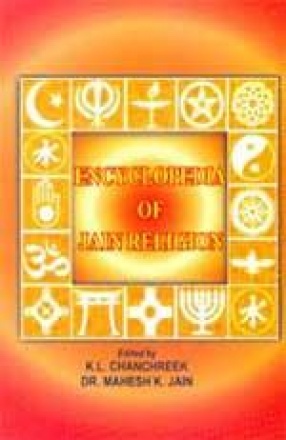
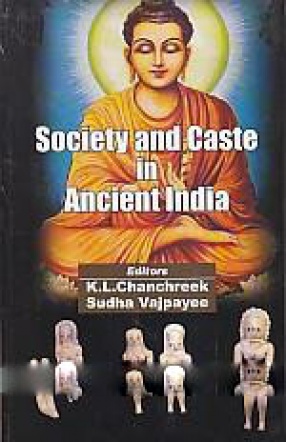

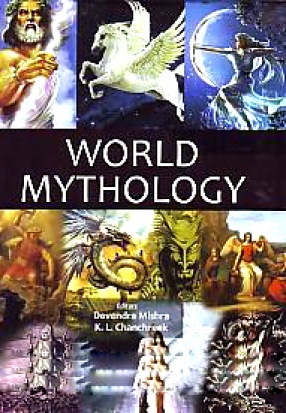

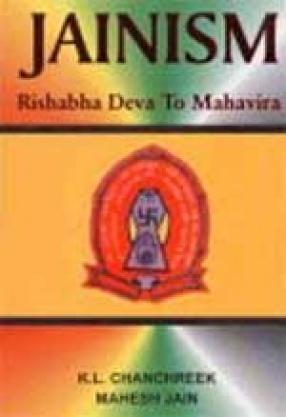
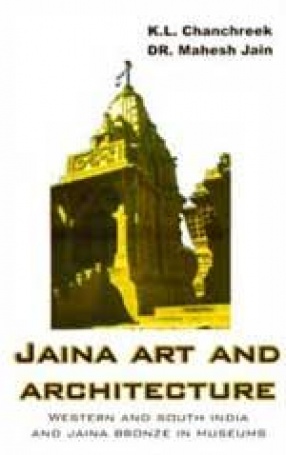
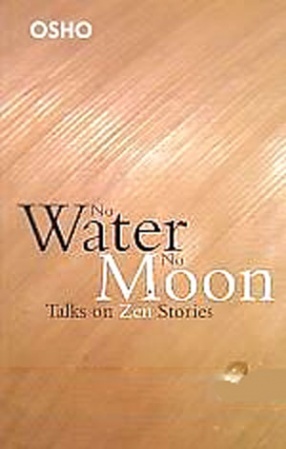

There are no reviews yet.